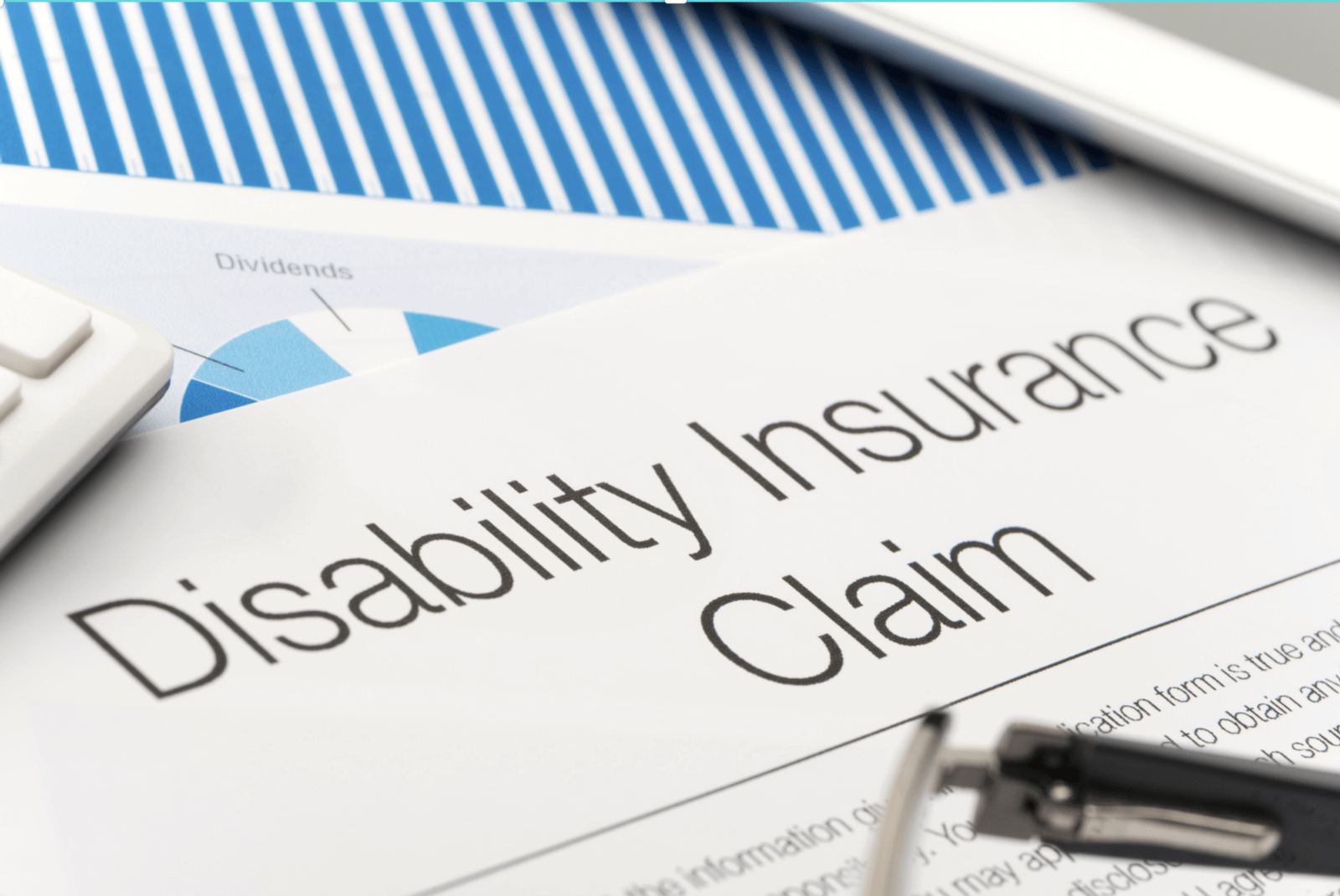
11 Myths About Long Term Disability Claims to Watch Out For
The Truth Is There Are Myths That Your Long-Term Disability Carrier Wants You to Believe
If you were working in DC and have an injury or medical condition that keeps you from working, you may have heard a lot of “well-meaning” advice about your long-term disability case. That advice may have come from neighbors, friends, other lawyers, or the HR people you work with. But if you need to file for long-term disability benefits in DC because of a serious injury or medical condition, you have to be careful who you listen to!
Here Are Some of the Most Common Myths We Hear.
WARNING: These are not true!
- If you write a letter to the disability insurance company and are reasonable, you will get a reasonable settlement proposal (people believe that one in all types of insurance company cases – insurance companies are in business to make money, they don’t pay benefits unless they’re forced to).
- If you just fill out the forms the insurance company sends you, will get you benefits (drafting the appeal after receiving a denial letter is the most critical part of a claim for disability insurance benefits – it usually involves working with experts and specialists to get the evidence you need).
- If you have been awarded Social Security benefits, you will have no problem getting your long-term disability benefits (most ERISA long-term disability insurance policies require you to apply for Social Security but they don’t have to accept the Social Security Administration’s conclusion that you are disabled and can’t work).
- If the insurance company sends you an “activity log,” it’s because it is concerned about what you do every day and wants to make sure you are getting better (be careful – they will use this to deny or terminate your benefits).
- The best way to convince the insurance company that you can’t work in your sedentary desk job is for you to write a 28-page letter about your medical condition or injury, citing medical literature you have found, the research you have done, and records you reviewed (if you can do all that, why can’t you work in a sedentary job?)
- Any lawyer can help you with your ERISA long-term disability claim (we live in a specialized world, get a lawyer in DC with a disability benefits practice who understands insurance companies, medicine, and the law in this area).
- You should hold back your best evidence for trial (everything you want the federal judge to consider if you file a lawsuit to get disability benefits will need to be in your appeal – you’re not going to ambush the other side).
- Your doctors will come to trial to testify for you and convince the judge that you’re injuries or medical condition are legitimate, that you are disabled and deserve benefits (ERISA cases are filed in federal court and usually decided on the administrative record, without additional discovery or witnesses – so you need to get your doctors’ opinions on the record as part of your appeal).
- You will be allowed to testify if your case is filed (probably not – these cases have to be filed in federal court and are decided on the record).
- If your doctor writes that you are “disabled,” then you will win your case (you need to thoroughly review your disability insurance policy and make sure your doctor understands how the policy defines disability).
- The disability insurance company “appeal” process is fair and unbiased (you probably did not believe that one when you heard it – and you were right!).
Have You Filed for Disability, Or Are Being Denied Long-Term Disability?
Contact our experienced long-term disability lawyers today at 202-393-3320 and we will help you take the next right steps toward success in your claim. You can also schedule a free and same day appointment by clicking here.